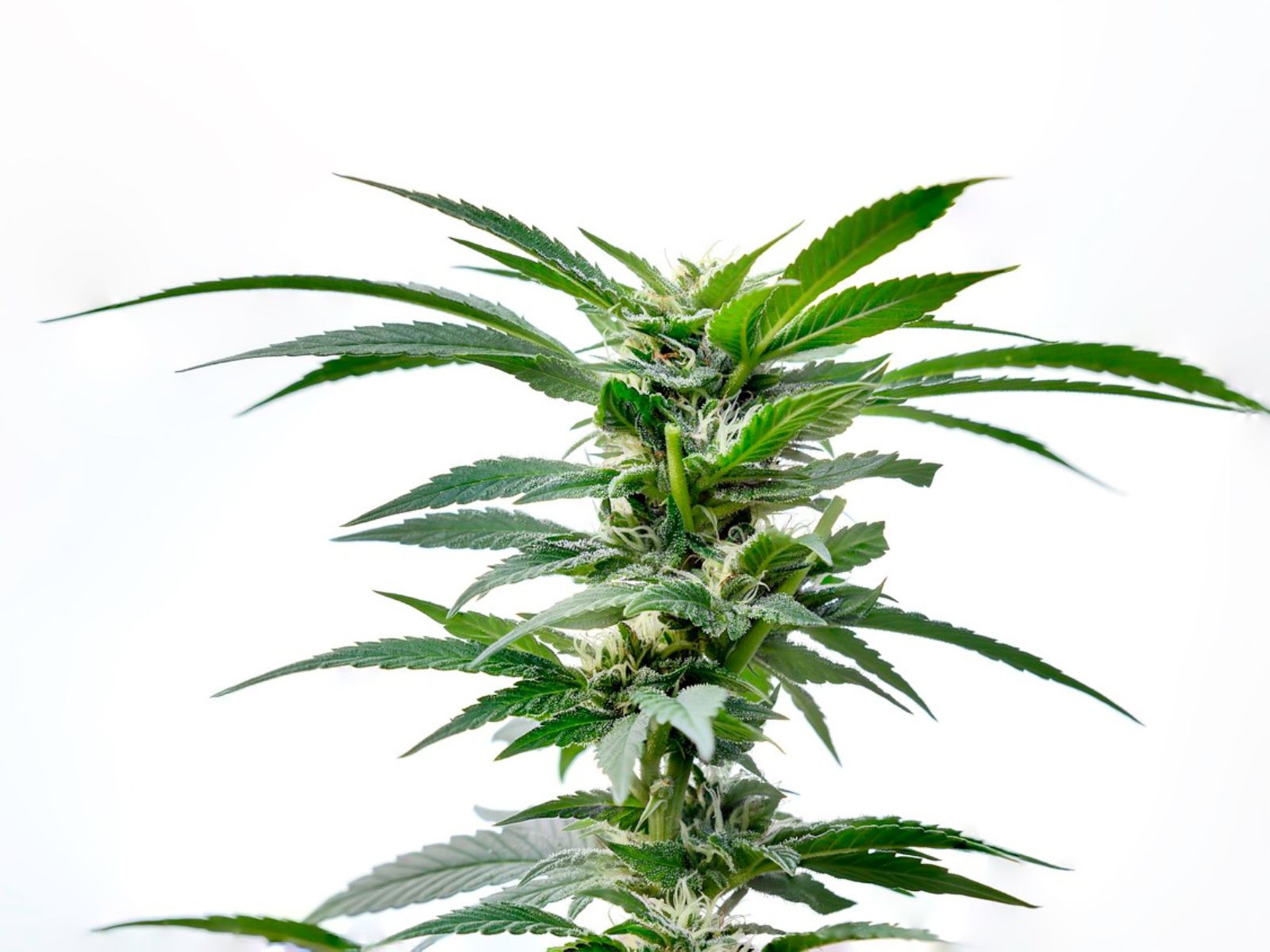
Brazil Judge Allows NGO To Cultivate Medical Cannabis

Brazil Judge Allows NGO To Cultivate Medical Cannabis
The public policy avenue that most people are familiar with when it comes to legalization efforts is when lawmakers approve a reform measure in a particular jurisdiction. After all, people are elected or appointed to make laws, and legislative action is the most straightforward way to codify something into law.
However, there are other means by which public policy is changed, including public policies that pertain to cannabis. One such way is via a citizen initiative or referendum. Italy, for example, has this political process in which ordinary citizens can gather a certain number of signatures to force a vote on something.
Another avenue that many people don’t seem to always consider is the courts. Legal decisions handed down by courts also create laws, particularly when it’s a nation’s top court that has the final say and there are no further appeal options.
Brazil is a nation that seems to have quite a bit of cannabis policy being set by its courts, with a recent example of that coming via a case involving an NGO that wants to cultivate medical cannabis. Brazil’s industry is currently built around importing cannabis products, but thanks to a recent legal decision, that could be changing. Per excerpts from The Brazilian Report:
A federal judge in the northeastern state of Sergipe on Wednesday authorized an NGO to grow cannabis and manufacture medicinal products for its associates. Although similar authorizations have been granted in Brazil for producing cannabis oil, this is the first time such approval has included the plant’s flowers, extracts, and edible products.
Lawyer Paulo Henrique Thiessen, who represents the NGO Salvar, celbrated the decions as “wonderful news.”
Cannabis reform is sweeping the globe, particularly in South America. The continent is famously home to the world’s first legalized nation, Uruguay, which passed an adult-use legalization measure back in 2013.
Several South American countries have reformed their medical cannabis policies in recent years, with Brazil, the continent’s largest country, being much slower to pass and implement meaningful medical cannabis reform measures compared to its continental peers. Hopefully this recent legal decision will inspire lawmakers and regulators in Brazil to pick up the pace.
Share article


Share article
Join Our Awesome Community
Join Our Awesome Community
Join Our Awesome
Community
Get all the latest industry news
delivered to your inbox







